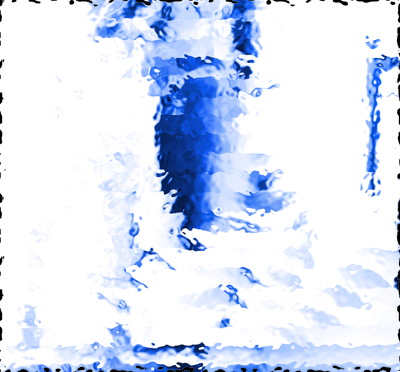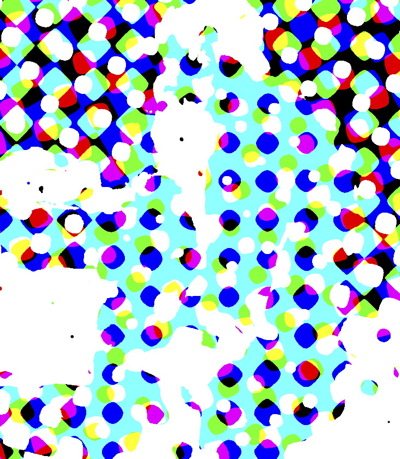Sound: Advanced Topics II


So we will be teaching the course remotely, using Zoom for our class meetings. We'll be meeting each week Wednesday at 6:10 PM (Eastern Time), and hopefully the pedagogy won't suffer too much. I will be sending out the Zoom link for each class before the weekly meetings.
We won't be going as deep into Unity and uRTcmix as I have in previous classes because I want to cover some other topics. Specifically, I want to spend a few sessions looking at the use of Unity on the web (WebGL/WASM), and I'd also like to spend some time discussing 'production' aspects of the sounds we build into various apps -- how can we make it sound good?
We will also be doing a fair amount of coding, BUT don't be worried about it! Everything we do will be with a musical goal in mind, and I think you'll pick up what we're doing without too much trouble. If you are feeling totally befuddled, or even just a little befuddled, please get in touch with Nina or me. We're here to help!
In addition to the object-coding we'll be doing in Unity, we will be using the computer music language RTcmix for most of the audio work. It's a functional, procedural language with interactive capabilities. It runs as a standalone program (for free!) on Windows/OSX/Linux, or you can run it inside Max/MSP or pd (Pure Data) (pd is also free!). We will link all of the code, patches and projects to each class in the syllabus for you to download and use. I also plan to record our class sessions for you to review later if you'd like.
To work up our RTcmix scripts for use inside Unity, we will be using the
[rtcmix~]
object in
Max/MSP.
You can also use [rtcmix~] in
pd
if you'd rather not shell out the $$$ for Max/MSP.
Or you can run RTcmix as a free "standalone" app
on OSX, Windows and Linux computers. We can show you
how to set that up.
John Gibson
at Indiana University has built a nice interface-app called
RTcmixShell
that runs on Windows and OSX, but it doesn't give you access to some
of the interactivity we will be explorig for use in Unity.
Collected here are links to software and resources that we will be using in class:
Unfortunately, we can't at this time allow access to the CMC hardware most useful for this class: our VR gear (we have HTC Vive and Oculus Rift systems available). We don't have a good protocol for keeping the goggles safe from COVID. If the pandemic abates, we will be certain to get this set for you to use.
Do let us know if you are having problems getting the
software to work for you. This promises to be a more intense term
because of the range of material we will be discussing.
In general, if you are having difficulty
understanding the programming paradigms
we are using or the applications and information we are covering,
be sure to talk to us. We'll be happy to sit down and work through
any issues with you.
Like we said,
each week we do will become a link to information relating to that
class. We will place recordings of the Zoom meetings on these
class pages, too.
We'll try to keep up with linking in class patches, examples
and information, but we may fall behind. Yell at us when we do.
I say this every year, and generally people believe it (I think): by this point in your career the last thing you should be worrying about is a grade. The main thing is to find something that you'd really like to do and then do it. Please don't try to impress us with your consummate knowledge and skill, we are more impressed by people who do things. Honest!
Hope you enjoy the class!
